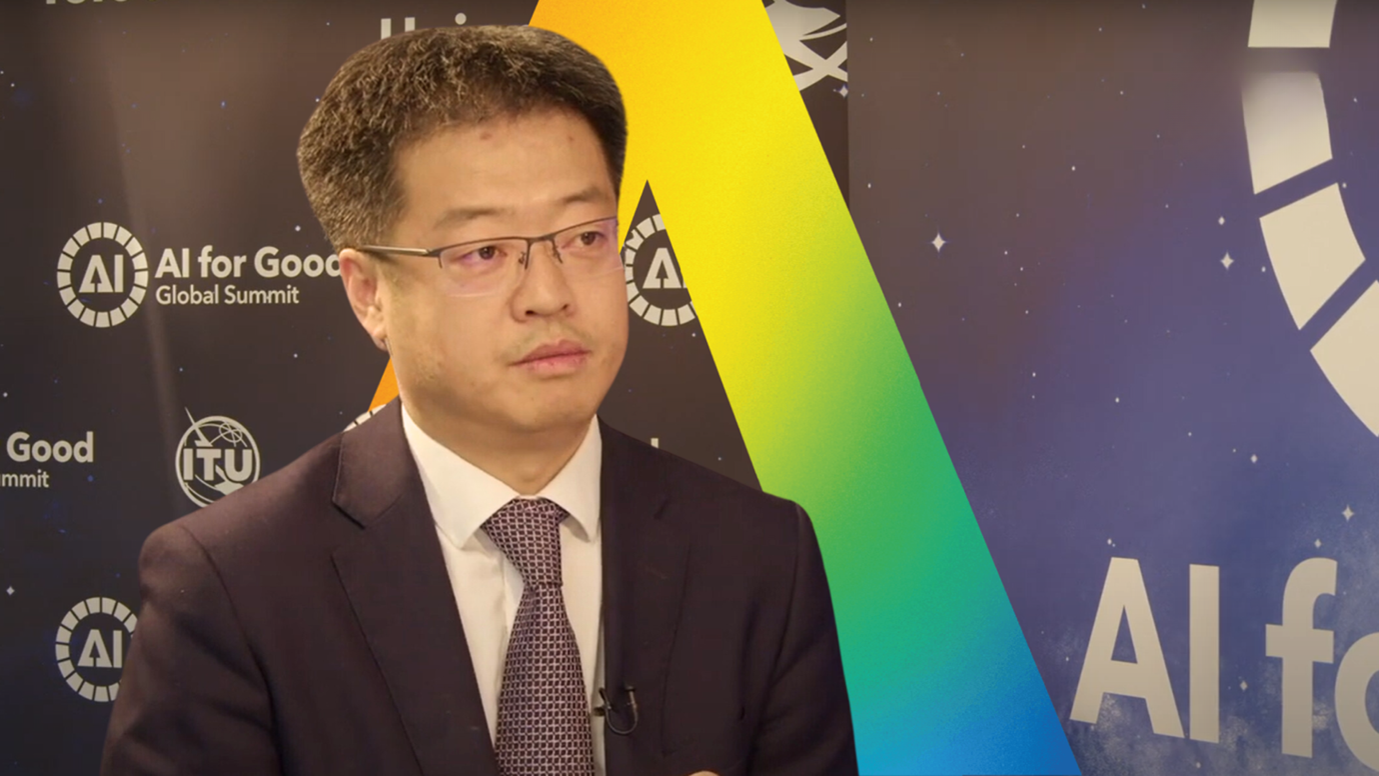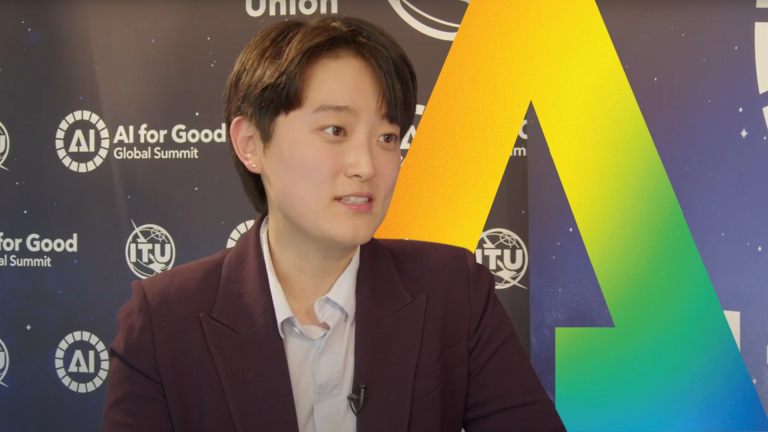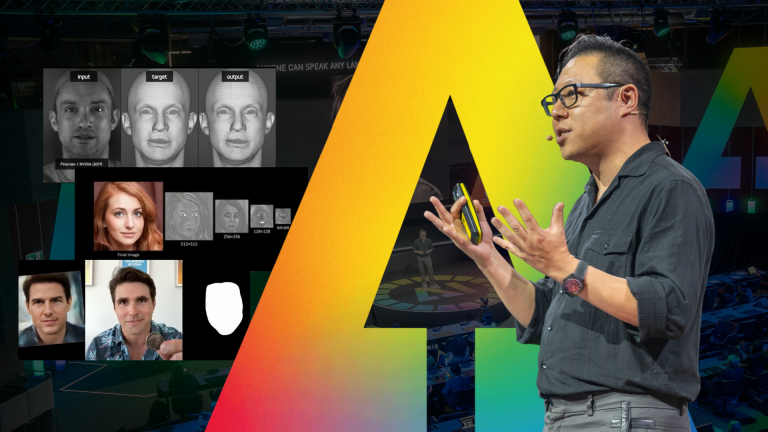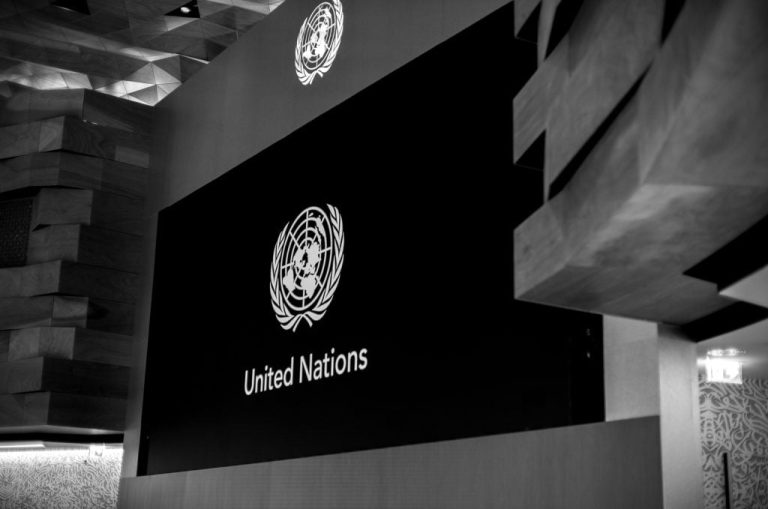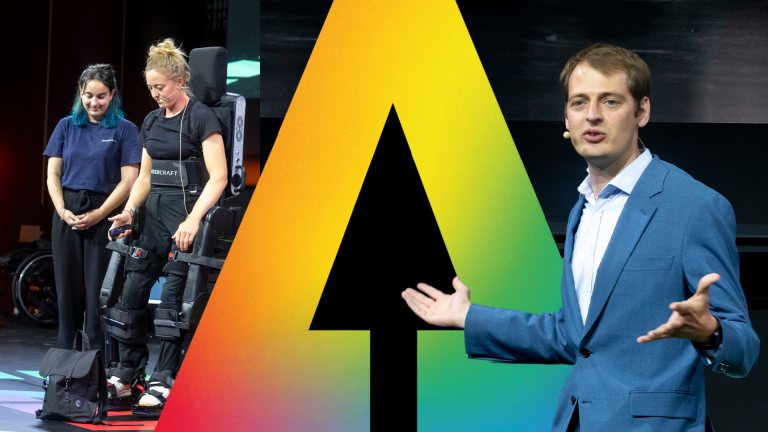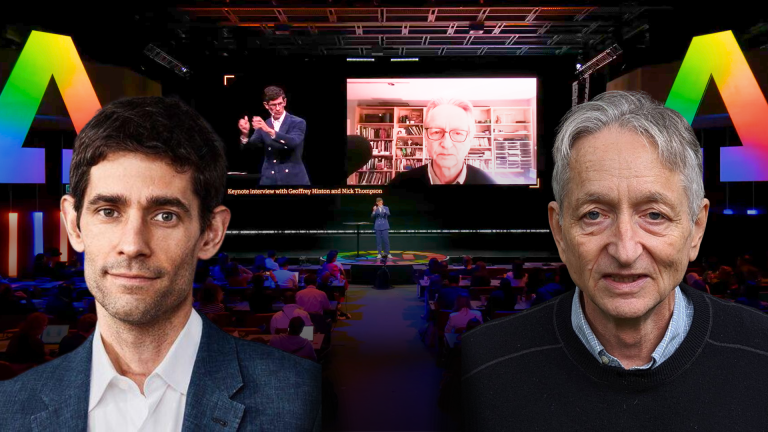Unleashing AI: Paving the Way for Global Advancement
The AI for Good Global Summit 2024: Exploring AI’s Transformative Potential
The AI for Good Global Summit 2024, hosted in the vibrant city of Geneva, gathered prominent leaders and pioneering innovators from different industries to delve into the incredible possibilities of artificial intelligence (AI). One of the key speakers, Guirong Wang, the Managing Director of the Science and Technology Innovation Department at China Telecom, highlighted how AI transcends mere technological enhancement—it serves as a driving force for global advancement across multiple sectors and is instrumental in achieving the Sustainable Development Goals (SDGs).
As a Gold Sponsor of this year’s summit, China Telecom is renowned for offering secure and reliable global network services. With an impressive background in Computer Communication and a demonstrated history of fostering innovation, Guirong Wang shared insights into AI’s pivotal role in enhancing cloud computing, network security, and digital transformation.
AI possesses the remarkable ability to transform critical areas such as education, healthcare, and the environment. By providing cutting-edge solutions to intricate challenges, AI stands as a guiding light in tackling some of humanity’s most urgent issues. China Telecom’s groundbreaking initiatives in utilizing large AI models—especially in the realms of visual, speech, semantic, and multimodal technologies—illustrate how AI can enhance operational efficiency and elevate service delivery.
“For instance, in Henan province, we have utilized large educational models to provide generative teaching content for students and grading methods and tools for teachers,” explained Guirong Wang.
Implementing inclusive AI standards is essential to guarantee fair access to AI technologies across all nations. It’s crucial for developing countries to be actively involved in the standard development processes, as exemplified by the International Telecommunication Union’s (ITU) influential role in solidifying global network infrastructure standards. Encouraging open-source AI development and crafting ethical and regulatory frameworks are vital for equitably balancing technological innovation with societal welfare.
“We hope the ITU will continue to lead in setting global standards, enabling seamless integration for AI applications and infrastructure layers worldwide,” emphasized Guirong Wang.
In light of the growing concerns regarding AI’s environmental impact, China Telecom is proactively addressing energy consumption issues. Innovative technologies such as liquid cooling and elastic processing have dramatically reduced the energy demands of AI computing facilities. Additionally, China’s strategic “East Data, West Computing” initiative exemplifies a forward-thinking approach to aligning computing needs with green energy resources, laying the foundation for sustainable AI growth.
“By placing significant computing power in the West and using green energy to handle high-energy-consuming computations, we can achieve a balance between computing applications and energy consumption,” noted Guirong Wang.
Looking towards the future, two significant trends in AI development have emerged. The first is the transition towards edge computing, which allows AI functions to be decentralized and embedded in various devices, thereby reducing energy usage and enhancing accessibility. The second trend involves the incorporation of AI into robotics, enabling them to perform complex tasks simultaneously. Together, these advancements indicate a bright future where AI not only boosts efficiency but also enhances human capabilities across various fields.
“This allows large, medium, and small models to operate in different computing power equipment, solving practical problems and reducing energy consumption,” added Guirong Wang.
By cultivating inclusive standards, ensuring sustainability, and embracing new trends, the transformative power of AI can indeed be harnessed to tackle societal hurdles and promote inclusive development globally. As we navigate the complexities of AI integration, collaboration and ethical oversight will be critical to fulfilling AI’s potential for the collective good.
“AI can offer innovative solutions to many problems that were previously unsolvable,” remarked Guirong Wang.
This engaging dialogue at the AI for Good Global Summit 2024 underscored AI’s vital role in confronting global issues and advancing sustainable development. By prioritizing inclusive standards, fostering technological innovation, and championing sustainability, AI breakthroughs can serve the greater good, ushering in progress that is both revolutionary and widely advantageous. The transformative capabilities of AI epitomize its potential to cultivate a more equitable and sustainable future for everyone, resonating with the ambitions of the Sustainable Development Goals (SDGs).
Guirong Wang, China Telecom
Watch the full interview here.

